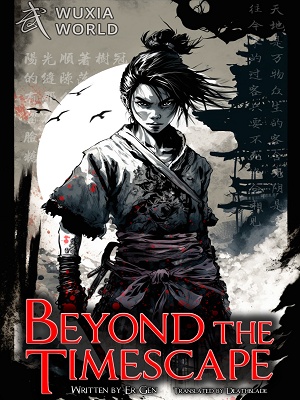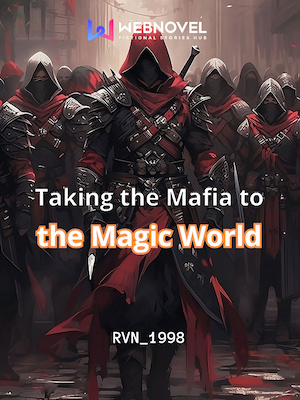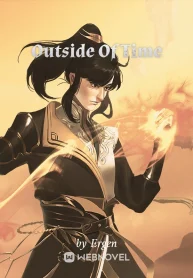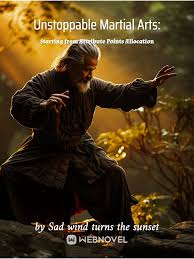Chapter 67: Escape (2)
As the cowardly group slowly made their way towards Varennes with Napoleon and the infantrymen, they received continuous updates along the journey.
It was said that the King's carriage had been exposed in the town of Saint-Menehould on the evening of the second day of their escape. They rested there at a post station and were discovered by the local municipal council and the National Guard when they reached Varennes.
"What on earth is happening? How could they have taken until the evening of the second day to reach Saint-Menehould?" Napoleon was still baffled by the situation. "If it were me, I could have made a round trip between Paris and Montmdy in this time!"
However, this question was soon answered. On the morning of the fourth day, Joseph and Napoleon finally caught up with the King. By then, there were already thousands of people surrounding the King's carriage. Most of them were members of the National Guard and ordinary citizens from towns along the way, armed with various weapons, "protecting" the King's carriage, while the cavalry under Bouill's command followed behind.
"They really went all out with this carriage! Are they fleeing or on a pleasure trip?" Napoleon was dumbfounded, gazing at the King's luxurious carriage.
Indeed, the King's carriage was utterly unsuitable for an escape.
It was an enormous, opulent four-wheeled carriage requiring twelve horses to pull it. The carriage was not only large but also exquisitely adorned with ornate carvings on the panels and golden-adorned lanterns, exuding luxury. The King, along with his family, their tutor, and the governess, made a total of nine people inside this grand vehicle.
"Who planned this for the King? They even used this kind of carriage? It's like they might as well have embedded golden fleur-de-lis on the carriage doors! Are they afraid people won't notice them? God, what kind of fools are around the King!" Napoleon couldn't help but exclaim to Joseph.Updated from novelb(i)n.c(o)m
"Napoleon, don't get agitated. You must understand, human intelligence knows no bounds," Joseph shook his head. "Some people can astound you with their foolishness."
Indeed, Louis XVI's escape was organized quite clumsily. After the decision was made to leave Paris, the King's family had been preparing for the escape. Marie Antoinette was in charge of the operation, and it was orchestrated by her lover, Fersen. According to Fersen's original plan, they were supposed to escape using several lightweight two-wheeled carriages, taking different routes.
However, the escape faced problems from the very start. Because the carriage was enormous and the roads around Paris were relatively narrow, every turn required the carriage to slow down to a near stop, which was far beyond what Fersen had expected. After all, no one had driven such a massive carriage before. It took an additional two hours to leave Paris than planned.
Finally, the carriage left Paris. Here, the horses were changed, and the King, needing to catch a breath, got off the carriage. No matter how luxurious the carriage, sitting in it for a prolonged period was still exhausting.
However, the King seemed to forget his situation. After he got off the carriage, he unexpectedly began chatting with some local peasants by the roadside. He didn't consider that his actions might reveal his whereabouts. Remember, the carriage was already conspicuous, and the King's likeness was featured on portraits in various town halls and on Louis d'or coins. In fact, the representatives from the National Assembly who later tracked him down used information provided by these witnesses.
The carriage stopped multiple times along the way to allow the esteemed passengers to rest properly. This further slowed down their journey beyond the planned schedule.
Around 4 o'clock that afternoon, the carriage reached Chlons. According to the plan, the Duke of Choiseul was supposed to meet the King there with German mercenaries (as the French cavalry was unreliable due to their leanings toward the National Assembly). However, at this location, the King did not encounter these troops. Instead, their conspicuously grand carriage raised suspicions among the locals.
At the prearranged rendezvous point, the King only met one horseman. He informed them that the Duke of Choiseul, along with the German mercenaries (as the French cavalry was suspected of disloyalty and couldn't be trusted), had been waiting there for hours. The presence of so many mercenaries had naturally drawn attention from the locals. To avoid further suspicions, the Duke had left with his men. However, he told the King to keep moving and that another group of cavalry was waiting for them in Saint-Menehould, about two hours ahead.
By this time, it was already dark, and the horses were tired. They continued for two more hours and reached the next meeting point. However, there was no cavalry awaiting them at this location, as they had moved to a different road due to a miscommunication in orders.
Without meeting the cavalry, the King and his family had no choice but to continue in the carriage. However, this time, the conspicuous nature of the carriage had drawn suspicion from the local people. When the King stopped to rest in Varennes, the postmaster, Drouet, noticed his resemblance to the man on the Louis d'or coin and quickly informed the municipal council. The carriage had left Varennes by the time they responded.
The municipal council sent Drouet to pursue the King. He rode a horse, took a shortcut, and arrived in Varennes, a town on the only road leading to Montmdy, before the King. The citizens of Varennes, upon hearing this news, rang the alarm bells and blocked the King's party. This was the end of the road for the King's escape. He was still two hours away from his destination.
At this point, having received the message, the Duke of Choiseul arrived with his cavalry. However, they were confronted by the outnumbered National Guard of Varennes. While they could see the King's luxurious carriage in the distance, at this moment, the gap between them was unbridgeable. The Duke's cavalry did not engage the National Guard and retreated. Perhaps they feared fighting could endanger the King, or perhaps returning the King to captivity would have been preferable to some. Who could say for sure?







